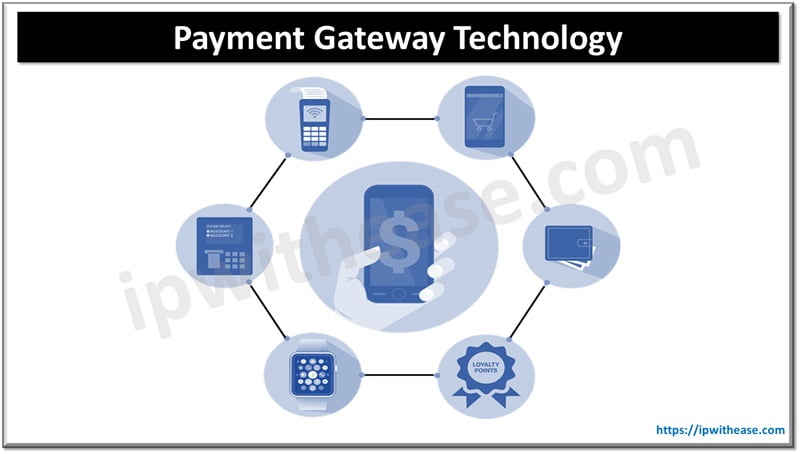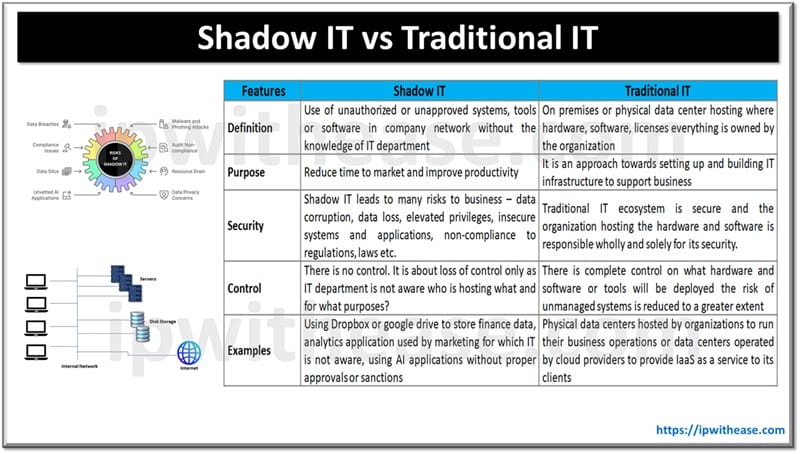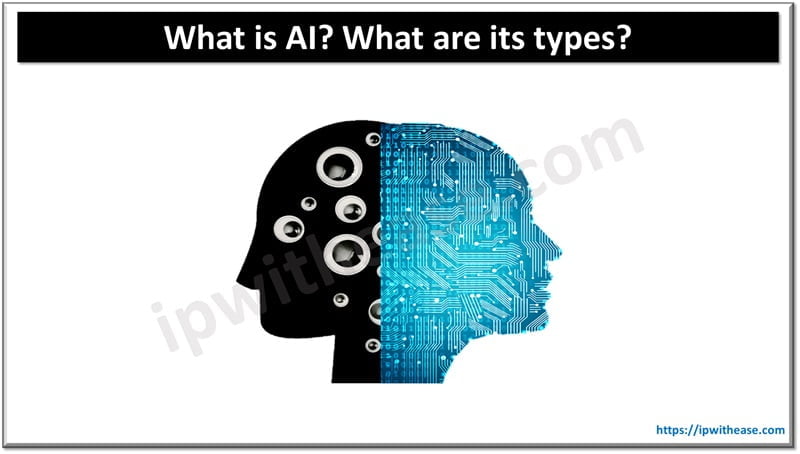Artificial intelligence in cybersecurity is a paradoxical entity. On one hand, it’s a beacon of hope, offering new and innovative ways to protect against cyber threats. Generative AI and large language models like ChatGPT have ushered in a new era of cyber defense, enhancing the ability to predict and counteract threats.
On the other hand, AI represents a potential harbinger of unprecedented challenges. The same technologies that fortify our defenses can also be wielded in sophisticated cyber attacks, such as AI-driven phishing and deepfake attacks. Furthermore, securing these AI systems poses its own set of challenges, while their role in alleviating the cybersecurity workforce shortage presents both opportunities and complexities.

The Unwavering Role of Security Measures
In the face of these AI-driven advancements and threats, traditional security measures continue to play a crucial role. VPNs for PCs from reliable brands, such as ExpressVPN, remain an essential defense tool, providing secure data transmission and user anonymity – crucial elements in an era of sophisticated, AI-driven cyber threats.
Beyond VPNs, other preventive security measures are equally important. These include strong encryption practices, regular software updates, and multi-factor authentication, which you can choose from Microsoft to Okta, as well as comprehensive cybersecurity training for individuals and organizations. The combination of advanced AI tools and these foundational security measures forms a comprehensive and robust defense system capable of adapting and responding to the evolving landscape of cyber threats.
The AI-Powered Cyber Frontier
AI technologies, particularly generative AI, have transformed the cybersecurity battlefield. On one hand, they provide advanced tools for predicting and preventing cyber attacks. For instance, AI-driven systems can analyze vast amounts of data to identify potential threats faster than any human could. However, this coin has another side: the potential for AI-powered cyber attacks. AI can be used to craft sophisticated phishing schemes, orchestrate deepfake attacks, and even automate hacking processes, making cyber threats more elusive and challenging to counter.
Real-World Scenarios: A Glimpse into the Future
At recent cybersecurity conferences, there have been significant discussions and presentations focusing on the role of AI in cybersecurity. For example, the SANS AI Cybersecurity Summit 2023 delved into various aspects of AI’s application in cybersecurity. Topics covered included cloud security, digital forensics, incident response, offensive operations, open-source intelligence (OSINT), and the ethical considerations surrounding AI and machine learning in automated decision-making.
Additionally, SecurityWeek’s 2023 Cyber AI & Automation Summit focused on the implications and applications of predictive AI, machine learning, and automation in modern cybersecurity programs. This event highlighted the transformative potential of AI and ChatGPT-like tools in detecting and defending against cyberattacks. It also explored the costs, benefits, and risks associated with deploying machine learning and predictive AI tools in enterprise settings, the threats posed by adversarial AI and deepfakes, and preparation for compliance and regulations set by policymakers.
The Balancing Act: Promises and Perils
While AI offers remarkable tools for enhancing cybersecurity defenses, it also presents significant challenges. Securing AI systems themselves is a formidable task, as they can be susceptible to unique threats like data poisoning or model stealing. Moreover, the implications of AI in addressing the cybersecurity workforce shortage are profound. AI can automate routine tasks, allowing human experts to focus on more complex challenges. However, this shift raises questions about the evolving nature of cybersecurity jobs and the skills required in the AI era.
The journey into the AI-driven future of cybersecurity is filled with both exciting possibilities and daunting challenges. As we navigate this landscape, a balanced, thoughtful approach is essential. We must leverage the power of AI to enhance our cybersecurity capabilities while remaining vigilant about its potential misuse. Simultaneously, we cannot overlook the continued importance of traditional security measures like VPNs, strong encryption practices, regular software updates, and multi-factor authentication. Together, AI and traditional cybersecurity strategies forge a comprehensive shield, protecting us in an increasingly digital world.
Continue Reading:-
Top 5 IT Technology trends which will rule the future
Balancing AI And Human Expertise In Cybersecurity Strategies
ABOUT THE AUTHOR
IPwithease is aimed at sharing knowledge across varied domains like Network, Security, Virtualization, Software, Wireless, etc.



